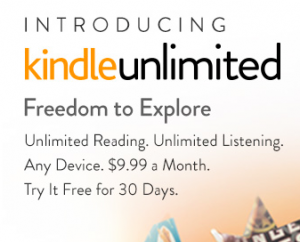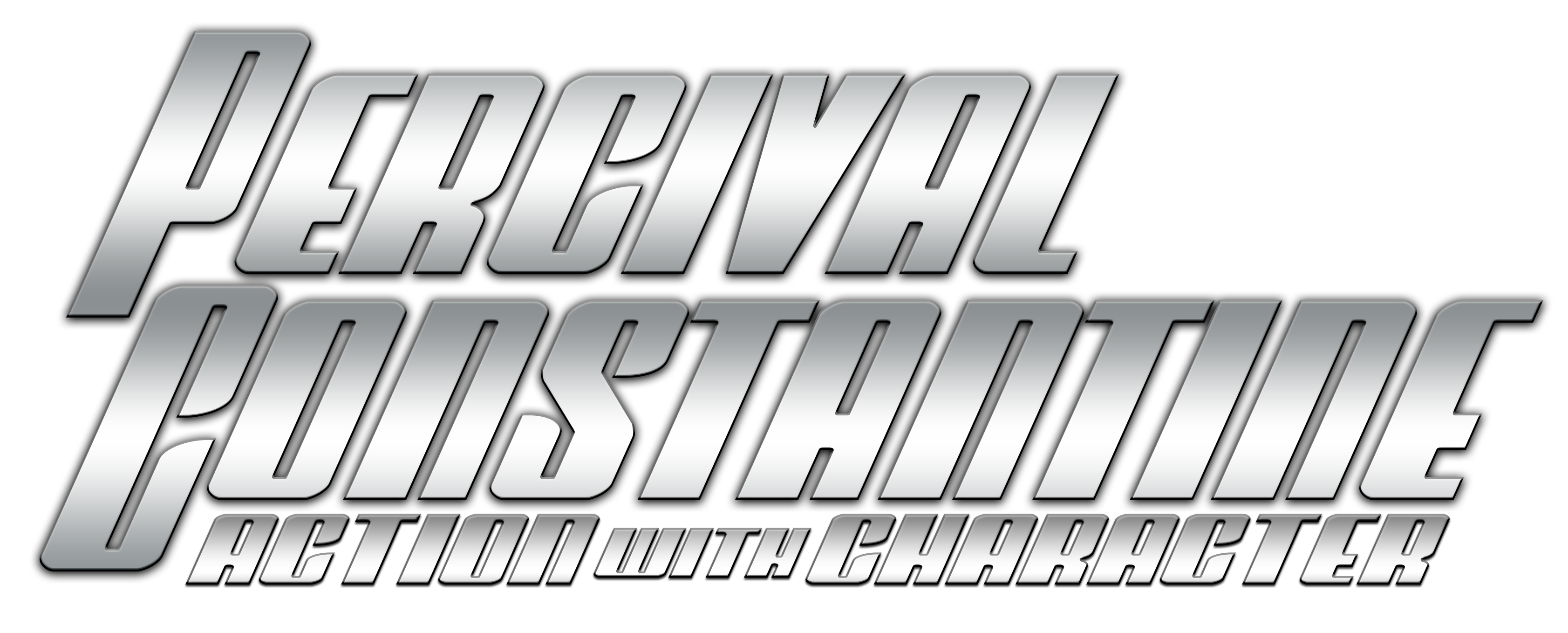 Amazon’s new Kindle Unlimited has been in the news a lot lately. The deal with Kindle Unlimited is it’s basically like Netflix or Spotify, but for books. You pay $9.99 per month and that gives you access to an unlimited number of books to read on your Kindle or any other device that has a Kindle app.
Amazon’s new Kindle Unlimited has been in the news a lot lately. The deal with Kindle Unlimited is it’s basically like Netflix or Spotify, but for books. You pay $9.99 per month and that gives you access to an unlimited number of books to read on your Kindle or any other device that has a Kindle app.
Let me get this out of the way right now: I think this is a very bad idea. I know some readers are excited about the prospect of getting access to an unlimited number of books, but what’s getting lost in all the excitement is how the writers will be compensated for their work. And the answer is not very much.
“But wait, Perry. Don’t you have books available on Scribd and Oyster? Aren’t those the same thing as Kindle Unlimited? What’s the difference?”
I’m glad you asked, and I’ll tell you the biggest differences:
Royalties
My books are available on Scribd and Oyster through my Smashwords account. The deal I have with Scribd and Oyster is the same every author has—each read basically counts as a sale and I get 60% of the list price of my book. With Amazon, I get…well, nobody yet knows what indies get. Because one of the things Amazon is doing is treating indie authors like second-class citizens. See, traditionally-published authors, their borrows are treated as sales, which is how it is with Oyster and Scribd. I think a few select, high-selling indie authors are getting this deal as well. But the rest of us? Doesn’t matter if your book is 99¢ or $20, you get paid a percentage of the global KDP fund. This fund is how Amazon authors in Select are paid for borrows through Amazon Prime. But the difference is that with Prime, users are limited to one book borrow a month. Unlimited doesn’t have that cap. Your earnings depend on how your book does on KU in comparison to other books.
Exclusivity
Another thing Amazon requires which Oyster and Scribd don’t is exclusivity. For authors to enroll their books in Kindle Unlimited, their books have to be enrolled in KDP Select. What that means is authors cannot have their books available anywhere else in digital formats. Barnes & Noble, iBooks, Kobo, can’t put any of your books in those channels. And also, there’s no opt out. If you’re in Select, you’re in Kindle Unlimited, period. The only way to get out of KU is to get out of Select.
Unfair Terms
Some indies are under the impression that this will mean indie authors will get more exposure. I sincerely doubt that. One of the best avenues indies have had for getting the attention of readers has been competitive pricing. Traditionally published ebooks are the same price (or sometimes more) as the print counterparts. Indie books tend to be priced much cheaper, usually under $5.99. But with Kindle Unlimited, that price difference is gone. And if you go to the Kindle Unlimited homepage, about 99% of the books that are spotlighted are traditionally published. Amazon is allowing traditional publishers to make the list price off this and they don’t need exclusivity, while indies are being tossed pennies and being asked to subsidize the big guys.
The idea here is that people will go to KU for Hunger Games and Harry Potter, and then they’ll discover indie books later. Basically, the same theory that applies to trickle-down economics. And we’ve all seen how well that works (hint: it doesn’t).
Currently, the books in my Myth Hunter series are enrolled in Select and as a result, KU. At the moment, I am keeping them enrolled for a little longer, because I have a promotion through Select that I’ve already bought ads for (a promotion that was scheduled before this KU thing started). If not for that promotion, I would remove them immediately from Select.
The Spotify comparison is a very good one for this. Spotify has been extremely bad for musicians, as it requires several thousand streams of a song before a musician makes the equivalent of the sale of one LP.
In order for authors to continue writing great books, we need to be well-compensated for our work. Kindle Unlimited is undercutting and undervaluing the hard work of indie authors.


Hi Perry,
You really put this in perspective. I admit I was excited when I heard about unlimited books. Then I slowed down and began to realize what it meant for Indie authors. They are trying to make a career of this. I hate to sound mercenary but they need every penny! Amazon has the potential to strangle upcoming authors. The more I read about it, the less I like the idea. I hope continue successfully with your books and get what you deserve from them.
Ditto to everything Mandi said!